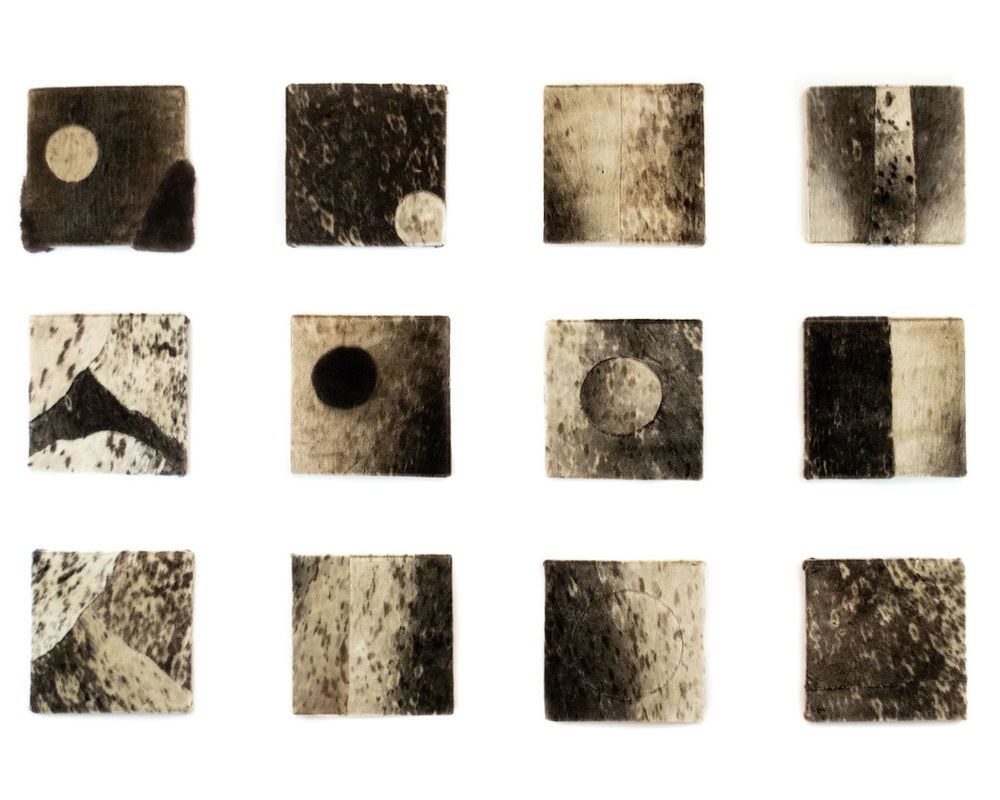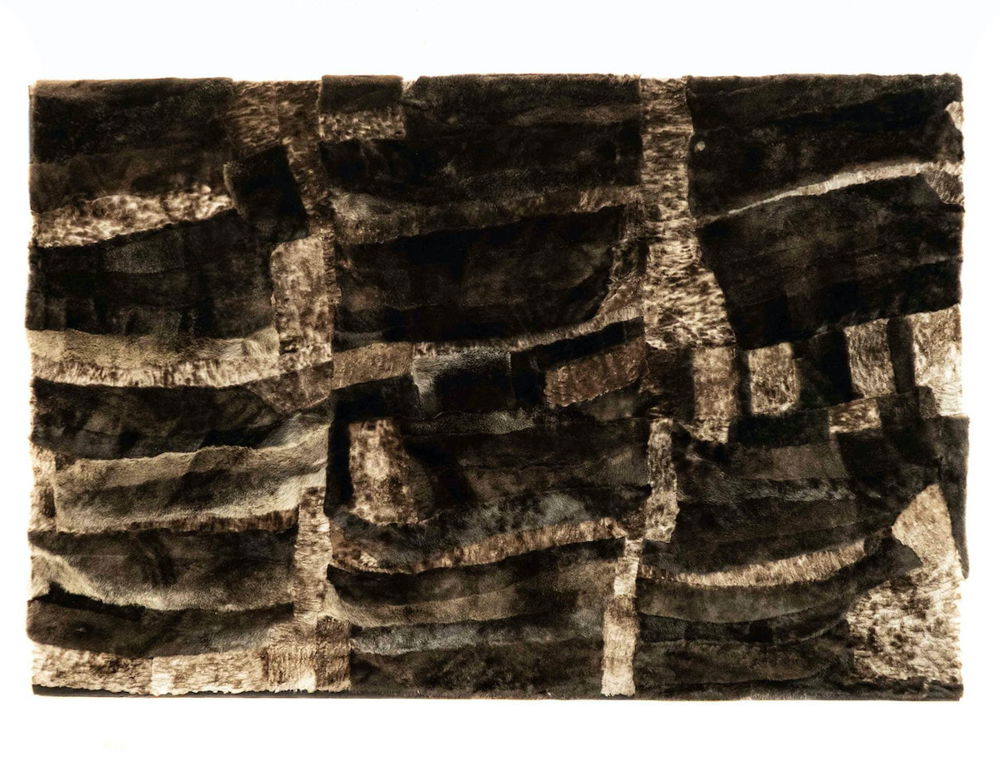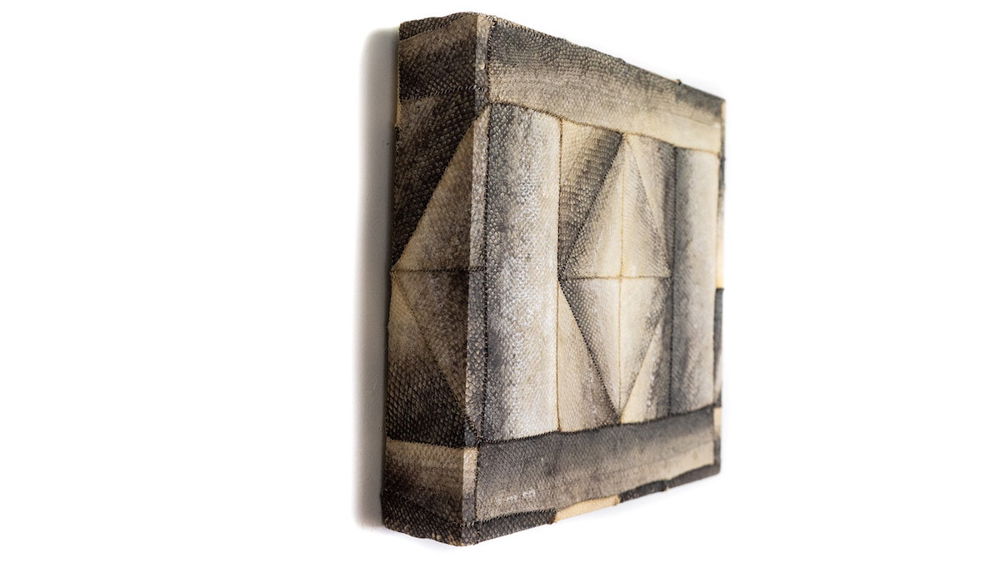
Photo by Colin Russell.
Peter Williams
He // Him // His
Culture Bearer, Artist, Designer, and Educator
Sitka, Alaska
Peter Williams (Yup’ik) is a culture bearer, artist, designer, and educator based in Alaska. Williams' hand-sewn works repurpose skin from self-harvested traditional foods, bridging worlds of Indigenous art and subsistence.
He has completed artist residencies at the Santa Fe Art Institute and the Institute of American Indian Arts and has guest lectured and/or taught skin sewing at Yale University, Stanford University, UCLA, the Portland Art Museum, and the Alaska State Museum, among other venues. His art has been shown at museums and galleries across North America.
His presentations at New York Fashion Week and Fashion Week Brooklyn in 2015 and 2016 led to profiles in The Guardian and The New York Times. He coproduced the documentary Harvest: Quyurciq, which received a Native Peoples Action project grant and screened internationally. In 2018–21, Williams became both a Cultural Capital Fellow and a Luce Indigenous Knowledge Fellow; he also received a Rasmuson Foundation Individual Artist Award as well as Luce Indigenous Knowledge community project funding.
Donor -This award was generously supported by the Rasmuson Foundation.
This artist page was last updated on: 07.08.2024


